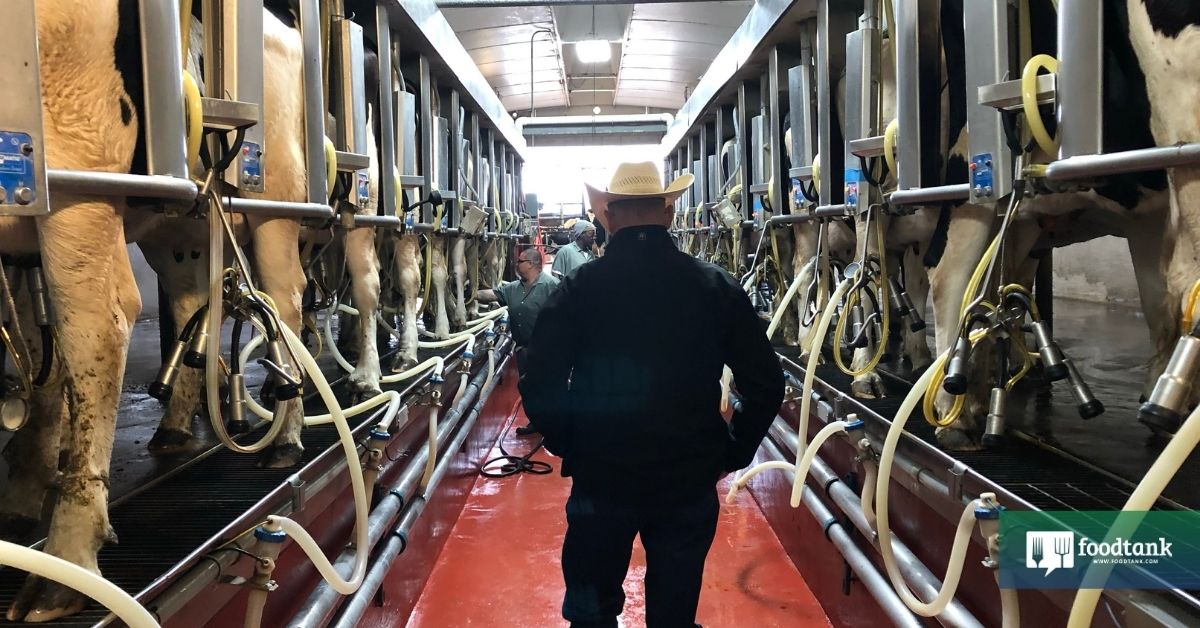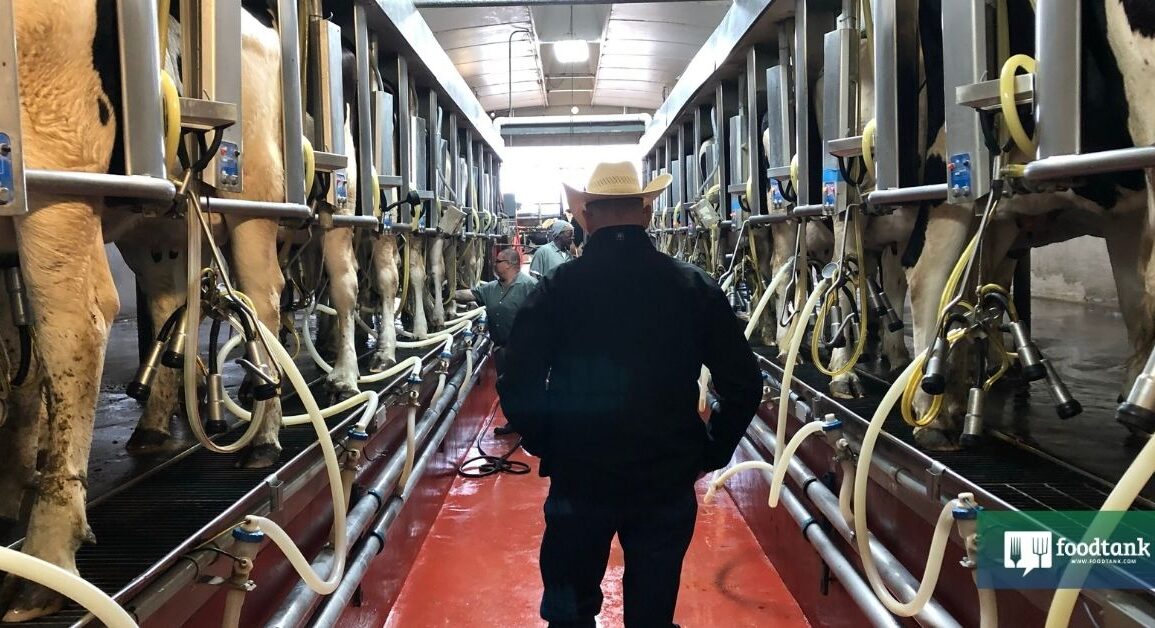
The Prison Agriculture Lab is planning to launch an interactive ArcGIS map that presents data from their nationwide study of prison agriculture in the United States. The map will place prison agricultural practices within local socioeconomic, demographic, and agricultural contexts to track and educate on the history of prison agriculture.
The Prison Agriculture Lab, which conducted the first-ever nationwide study of prison agriculture in the United States, seeks to answer the where, what, and why of agricultural practices in the criminal punishment system.
“One of the goals of our lab has been to shed light on practices that previously were hidden and to make everything we do publicly accessible,” Joshua Sbicca, Associate Professor of Sociology and Director of the Prison Agriculture Lab at Colorado State University tells Food Tank.
With their new map, the Lab hopes to critically interrogate agricultural practices and unpack the carceral consequences and conditions surrounding food, animal, and plant production in prisons.
The map will also build off of the Prison Agriculture Lab’s recent report “Growing Chains: Prison Agriculture and Racial Capitalism in the United States.” Using a story map project to investigate how each state gains from prison agriculture, the report provides visual representations to illustrate the prevalence of agricultural practices within prisons.
Nearly 2 million people, mainly poor and people of color, are behind bars in the U.S. prison system, including 1,566 state prisons and 102 federal prisons, according to the interactive report. Growing Chains documents the state’s consistent dependency on agriculture to support local economies, fund prisons, manage inmates, address idleness, and establish self-sustaining correctional facilities.
Sbicca explains that farms have played a crucial role in the history of prisons in the U.S. He says this goes back to the Reconstruction era and the post-Reconstruction period when many Southern states introduced Black codes, which criminalized various everyday activities for African Americans.
In the North, prisons relied on gardens and other farming practices for their operations, Sbicca continues. Prisoners have been utilized for agricultural work by both the government and private companies ever since the inception of the U.S. prison system. Sbicca reports there are currently 662 prisons across all 50 states that have agricultural practices.
“The agri-carceral industrial complex is the set of interests, institutions, and ideologies that benefit from the agricultural efforts of incarcerated people,” Sbicca tells Food Tank. “It subsidizes incarceration by saving money on food costs, generating revenue for departments of correction, and profits for companies.”
The agri-carceral industrial complex plays into the larger understanding of food, politics, and power, according to Bobby J. Smith, author of Food Power Politics and Assistant Professor of African American studies at the University of Illinois at Urbana-Champaign. Smith defines the term “food power” as a description of how food is weaponized and used as a form of control between groups in times of conflict. Food power, he explains, is exercised when one group withholds food, or the means to access or produce it, from another group to manipulate the outcome of the conflict.
“Food has been used simultaneously as a weapon to reinforce racial dominance and as a form of resistance,” Smith tells Food Tank.
Plantation labor has never truly disappeared, Smith asserts. Instead, it operates in concealed aspects of contemporary agriculture within the ‘criminal punishment’ system.
“I would encourage people to look at the condition of prisons themselves and what incarcerated folks experience with farming and eating,” Scibba says, “so maybe being less concerned about what they are eating and more concerned with what incarcerated people are experiencing.”
Articles like the one you just read are made possible through the generosity of Food Tank members. Can we please count on you to be part of our growing movement? Become a member today by clicking here.
This post was originally published on this site be sure to check out more of their content.









